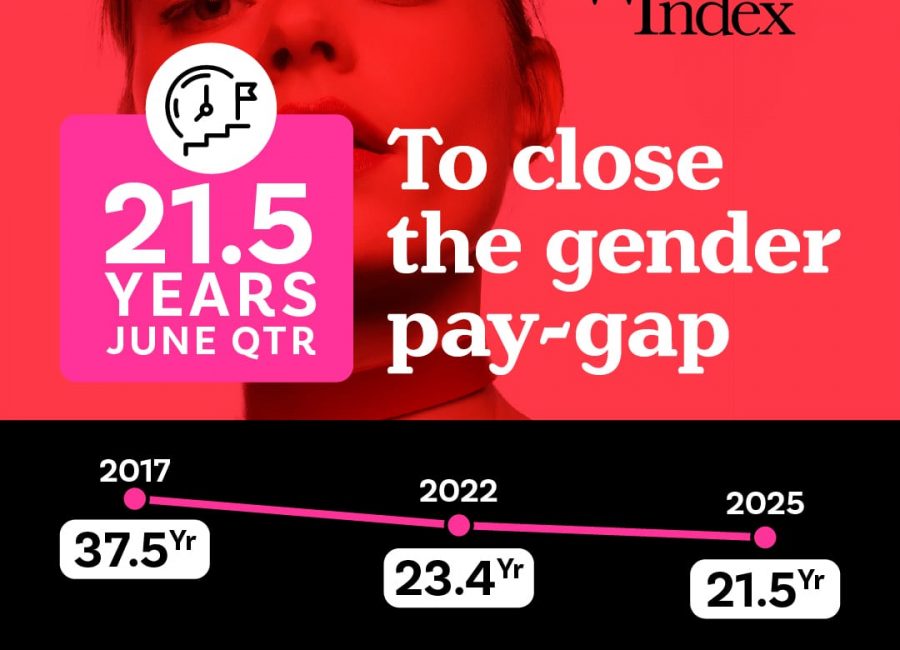In hip pocket money news this week.
Schools back and so are the costs
For many parents school fees and expenses were all due this week, and it seems using the credit card to pay for these things was the only option.
In a new survey, one in five parents with children in school said they regretted putting school fees on a credit card when they really shouldn’t have this year, according to finance company SocietyOne.
Around 22 per cent of parents in Australia’s capital cities said they were most likely to put school fees on a credit card, compared to 14 per cent in regional areas and 26 per cent in Sydney alone.
According to the Australian Scholarships Group high school costs are set to climb in 2017 with the average private school costing around $25,000 per student, compared to nearly $5,000 a year for a government schools, once you take into account uniforms, technology and other expenses.
Property investors get active
New rules aimed at slowing growth among property investors in the low interest rate environment aren’t working.
In a Fairfax Media report, citing Reserve Bank of Australia (RBA) figures, property investor loans reached a one-year high of 0.8 per cent in December, while the annual pace picked up to 6.2 per cent.
The Australian Prudential Regulation Authority (APRA) announced a 10 per cent cap on property investor loan growth in late 2014, prompting banks to crack down on this part of the market throughout 2015, says Fairfax Media.
Since that time, the RBA has continued to cut the official cash rate, and the major banks have also kept mortgage rates relatively low.
The offical cash rate stands at 1.5 per cent and the average variable rate mortgage is around 4 per cent.
Financy more on investor loan growth?
Qantas targets smaller businesses
Qantas is doing more to attract small to medium sized businesses to its rewards schemes.
Today it announced a new loyalty program called Qantas Business Rewards and the hope is that regular flyers will opt for the Australian airline over it’s rivals, despite being known to be more expensive on fares.
It has several new features, including earning Qantas Points from the first dollar spent and the ability to increase your earn rate by flying more.












